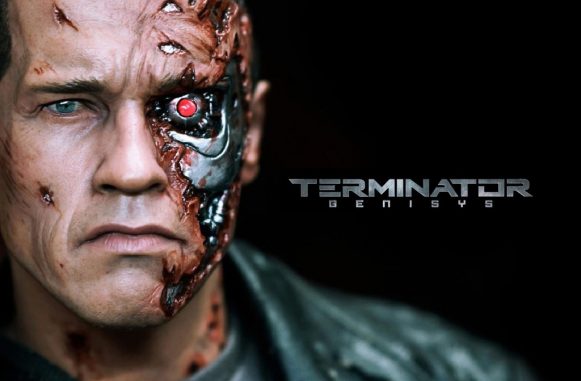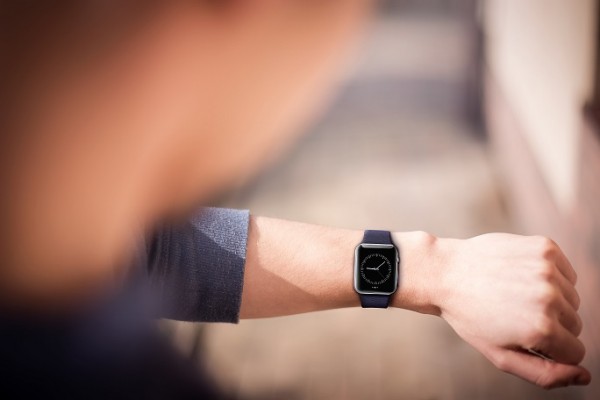
When considering if technology is turning humans into machines consider this: If a person does work in which their every move is dictated by a machine, aren’t they a little bit machine? This is the question Brady Dale on observer.com poses.
Last year, a New York Times journalist wrote about being convinced he was speaking with a robot rather than a person on the other end of the line of a call centre, because of how restricted by the script the consultant was. The greater question to consider is, while we’re automating life, are we becoming more robotic?
Prof. Frischmann is revisiting the Turing Test in a new way: not as a way to discern when machines have become like humans, but as a way to discern when humans have become like machines. Frischmann says “when technology is bad for us immediately, we pick up on the harms immediately, but when it has subtle effects we often don’t stop to assess.”
The Turing Test of course originates from Alan Turing’s proposition to determine whether or not machines have begun to demonstrate intelligence. Turing’s proposition claims that if a computer can have a text-based chat with a human and convince the human it is not a computer, then the machine is intelligent. Turing’s theories of course have been made famous by the recent blockbuster The Imitation Game, based on Turing’s success in cracking the Enigma code during WWII.
Prof. Frischmann’s entire premise is based on this theory, but from the other side. Frischmann’s ‘Turing Line’ expresses the idea that there’s a point at which being a machine and being a human meet and where machines could become like humans and humans could become like machines.
Frischmann pushes that we should ask questions about how we are starting to behave in our day-to-day life. More and more of our memories, decisions and skills are being outsourced to mobile technology. The example he uses is that of GPS. Once a process that human beings required a strategy for, simply gets outsourced to the GPS.

In the workplace, going back to the example used in the beginning of the article, if workers are monitored scrupulously and policed to insure that they work in a prescribed fashion that maximises efficiency, how are they really different from robots in any way other than the fact that their innards are guts rather than gears?
In our constantly ‘on’ environment, Frischmann says “If one day technology optimises away all the pain points of living, then what room is left for the failures and synchronicities that make life authentic?”
The purpose of the article, and Prof. Frischmann’s subsequent book, is to ask readers to think about whether they actually consent to the ways in which technology is restructuring our choices.
Imagine the day when commuters are able to ride to work in self-driving cars. Will they use that time to catch up on TV shows or call their mums? Or will technology nudge them to eke out just a bit more work on their way to work?
And will they have a choice in the matter, or will they just think they had one?

Be the first to comment